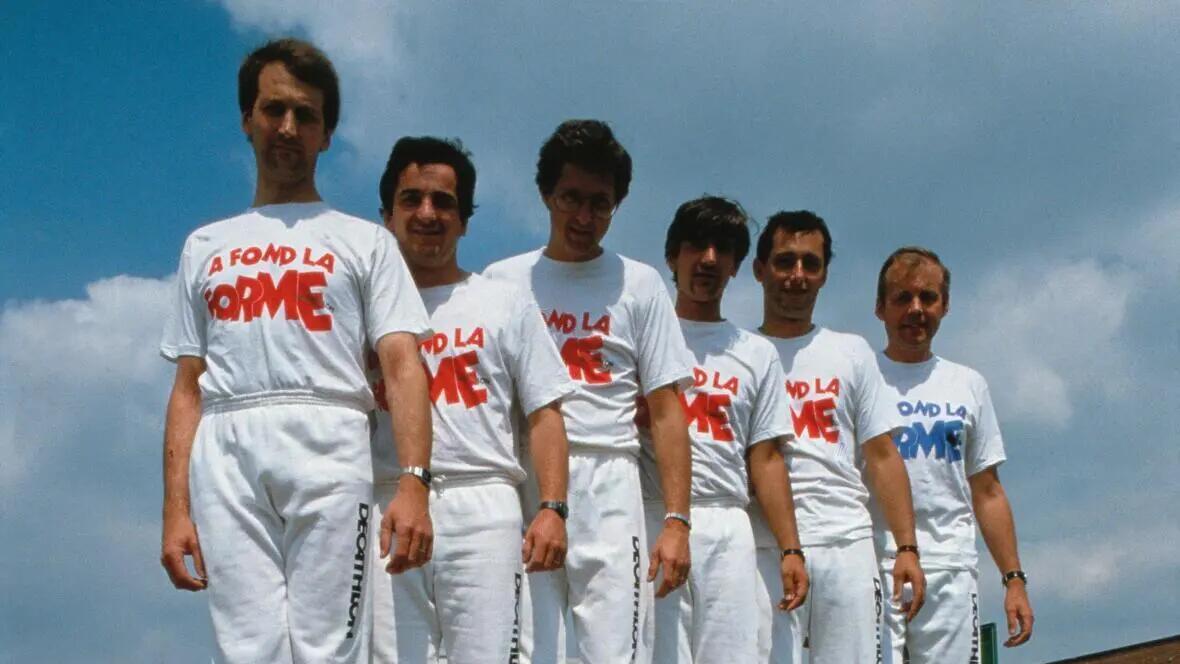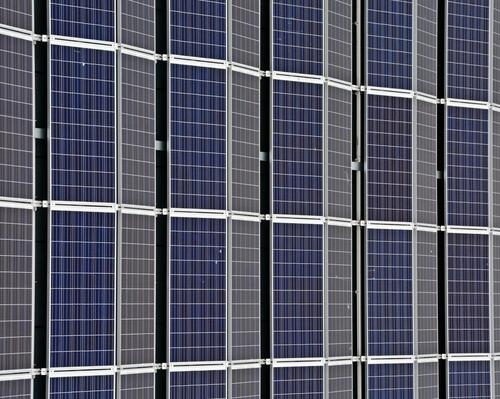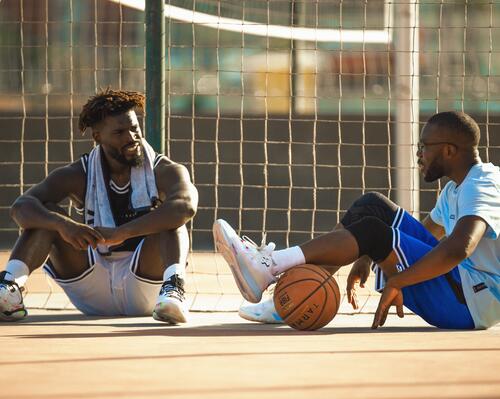Key dates
DECATHLON is more than just a brand name. It's a real story, a human adventure that began in 1976.
Michel Leclercq's idea was to sell equipment for several sports rather than just one, so that everyone could choose their sport. With a philosophy that emphasised the quality of first price products and the accessible price of the top-of-the-range product, Leclercq had a very effective sense of business.
His other key aim is to be useful for people through sport.









